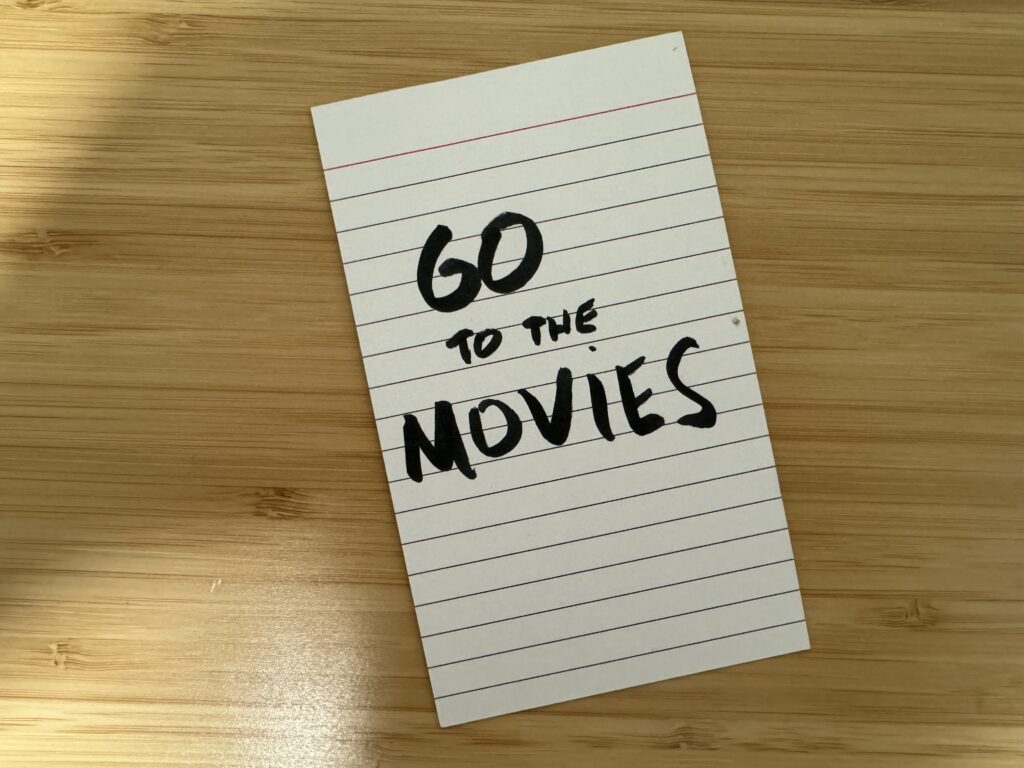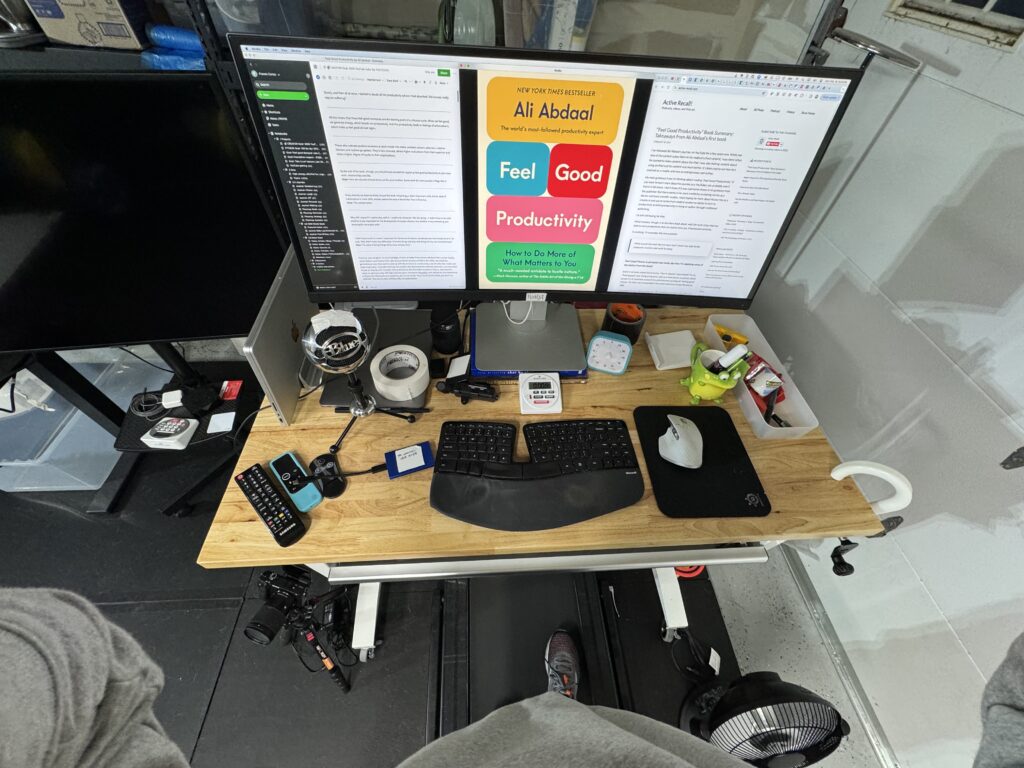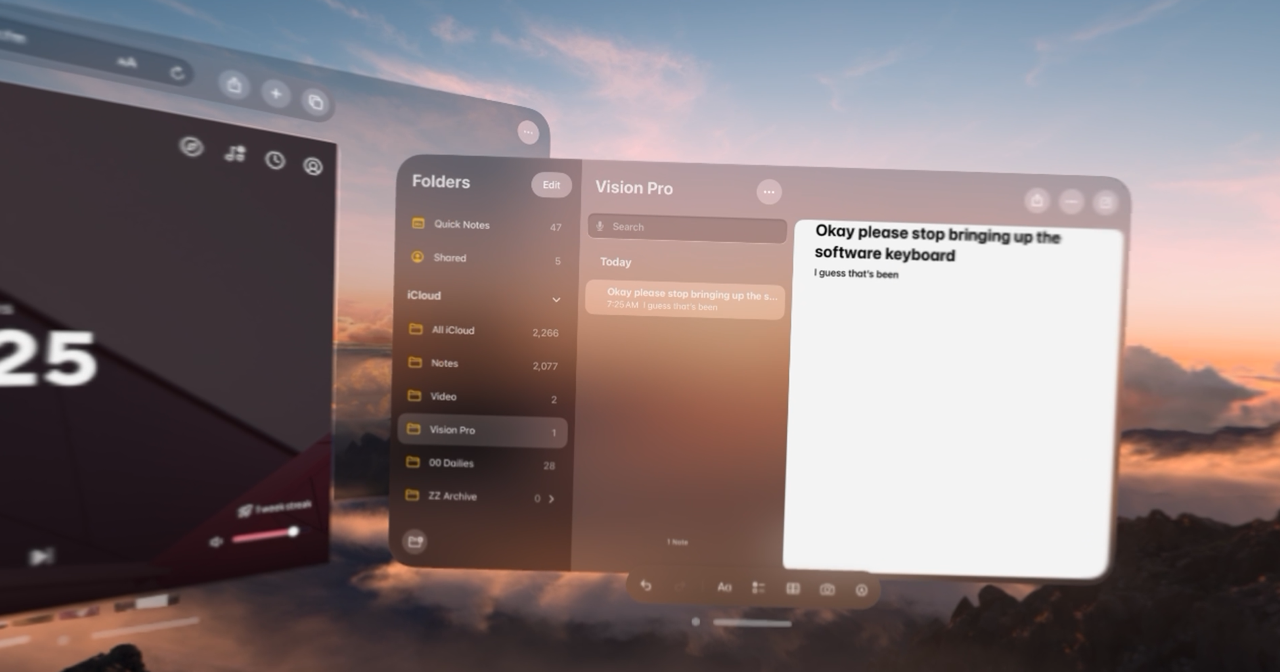From “The Practice”
If we condition ourselves to work without flow, it’s more likely to arrive. It all comes back to trusting our self to create the change we seek. We don’t agree to do that after flow arrives. We do the work, whether we feel like it or not, and then, without warning, flow can arise. Flow is a symptom of the work we’re doing, not the cause of it.
Without looking, I’m sure that I’ve written about this highlight on the blog before.
Right now I’m trying to work without flow and at the very beginning of what I hope will be a common practice.
- Set a timer for 10 minutes
- Grab a book highlight
- Write for the rest of the time
I don’t know that it’s going to lead to great writing, but I need to practice publishing more. And I’m sort of okay blogging into an empty void at the moment. My thinking is that it makes some ideas a little more real than just throwing it in a notes app. In Tiago Forte’s terms, it’s a better “intermediate packet”. From “Building a Second Brain”:
That system is your Second Brain, and the small pieces of work-in-process it contains I call “Intermediate Packets.” Intermediate Packets are the concrete, individual building blocks that make up your work. For example, a set of notes from a team meeting, a list of relevant research findings, a brainstorm with collaborators, a slide deck analyzing the market, or a list of action items from a conference call.
I’ve been writing in various notes apps and text editors daily for… it seems like forever. It’s mostly private. I started aiming to write 1000 words this year after hearing Nathan Barry talk with Ali Abdaal about how life-changing 1000 words a day can be. Now I’m trying to shift that more toward 1000 words a day published.
The first idea: write a 1000-word post every day. No matter what, that seemed sort of difficult to make interesting. I hadn’t even started and I was already overhtinking: what kind of format, should it be a link roundup, should it be around a single topic, etc.
I didn’t pursue that idea and just sort of forgot about writing publicly.
Today while talking in the car (to the Otter app, which has become a bit of a habit), I realized I could break the 1000 words up into multiple posts daily. Take one highlight from something and then write about it. If a connection comes up, it probably means there’s another post that I can write about.
I don’t need flow to write one of these posts. But sometimes in the middle of writing a few posts, it arrives.





